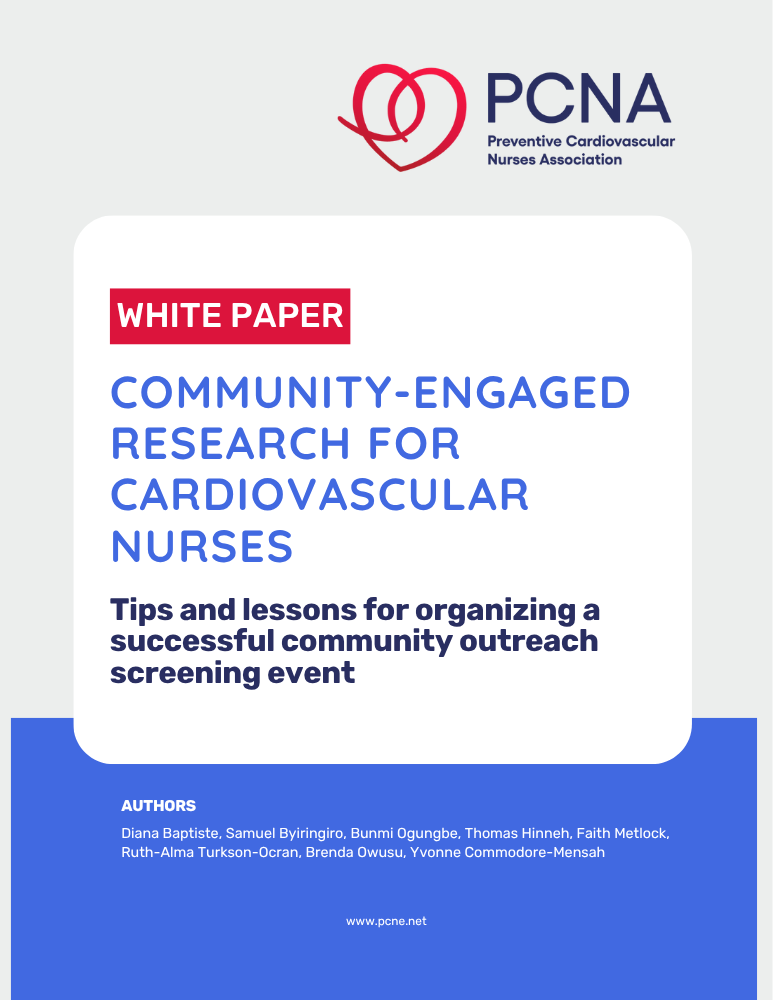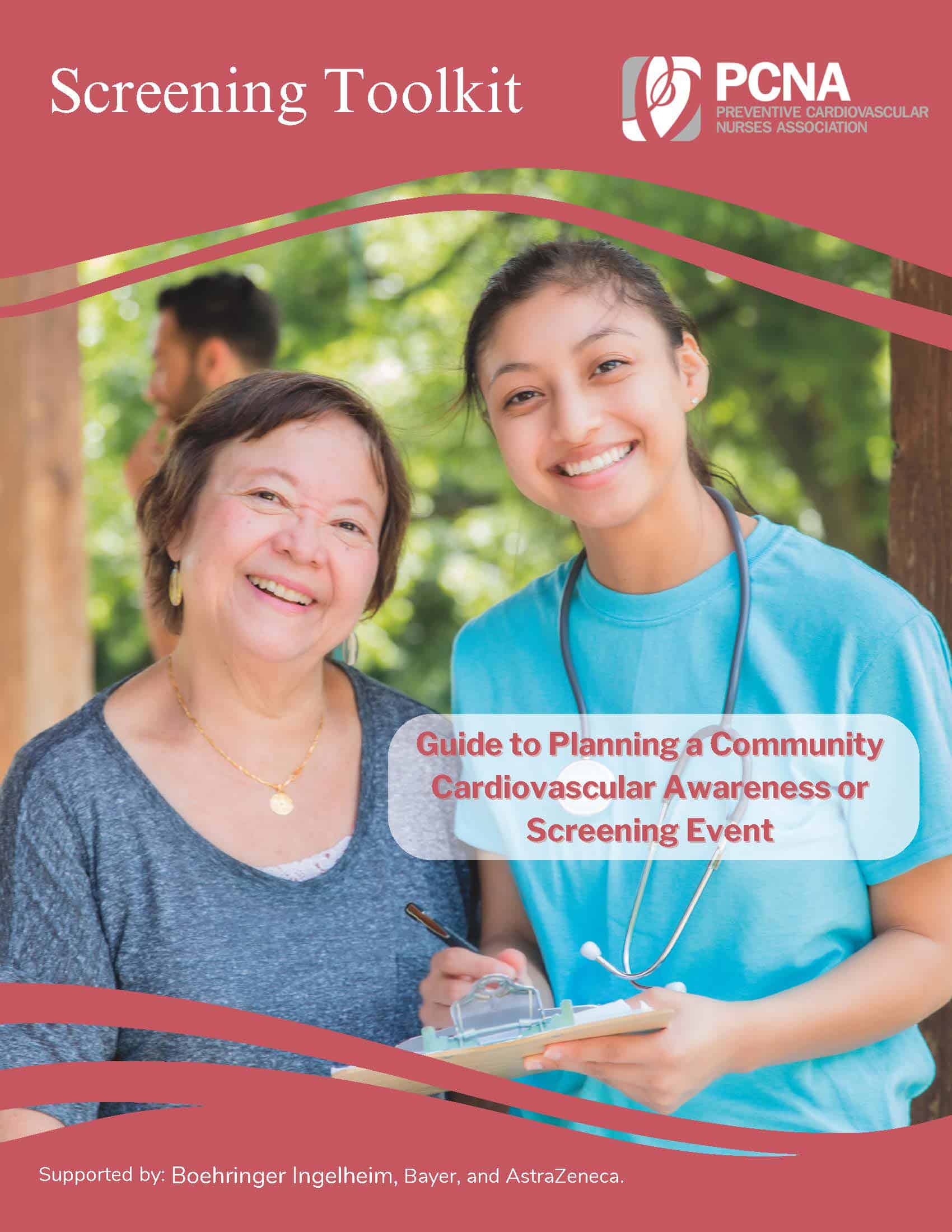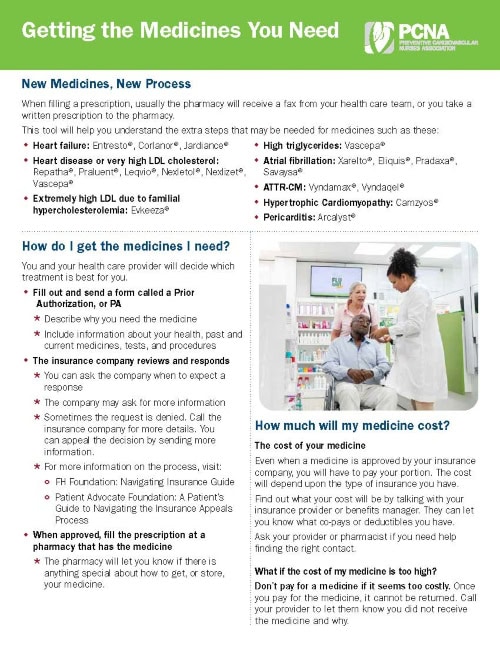Overview of the Health Equity Self-Assessment Tool
Beginning in 2023, PCNA partnered with Econometrica, Inc. to develop and implement a confidential, online tool for individual healthcare professionals to identify improvement regarding health equity in their own practice and provide resources to support improved knowledge and confidence.
Released in May 2024, the Health Equity Self-Assessment Tool (HESAT) has been accessed by over 500 healthcare professionals. While the intended audience is healthcare professionals working in cardiovascular disease prevention, it is available at no cost and is available for use by healthcare professionals working in any disease state, and in clinical, academic, and/or community settings.
The self-assessment of 24 questions takes about 10 minutes to complete. Respondents are emailed their answers and a list of related resources to address potential self-identified gaps in knowledge.
In Fall 2024, PCNA and Econometrica reviewed the de-identified responses, with the goal of using a demographic lens to determine overall trends, pinpoint general gaps, and outline recommendations for future use of the tool.
As described in detail below, for individuals who completed the HESAT, a statistically significant improvement was found between the average pre- and post-self-ratings of healthcare professionals’ understanding of health equity improvement strategies. The HESAT continues to be available as of August 2025.

Why Health Equity Tools Matter in Healthcare
Health equity is an extremely high-stakes topic, yet it can be difficult for healthcare professionals to explore the concept and its application with their peers. The HESAT offers an opportunity for HCPs to assess their current skill level and knowledge and encourage growth in these areas through targeted resources. The overarching goal is to reduce patient risk and improve patient outcomes.
Development and Promotion of the HESAT
The project launched in fall 2023 with a gap analysis of available information and tools, reviewed by committee members working in both in-person and virtual formats. Healthcare professionals selected for the committee represented diverse geographical settings, practice settings, and patient populations. PCNA worked with members, board members, and new and existing partner organizations on the project, including the Association of Black Cardiologists, National Association of Hispanic Nurses, National Black Nurses Association, and the North American Indian Nurses Association.
The committee identified key concepts, reviewed draft questions, and recommended and reviewed related health equity resources for the curated lists to be sent to respondents following the completion of the self-assessment.
How the Self-Assessment Tool Works
The tool consists of 23 multiple-choice and one-open response questions. Upon completion of the survey, respondents received an email with their responses, a list of related resources to help improve health equity knowledge, and a link to all the selected resources.
All responses are confidential; email addresses are collected only to send related resources to respondents and are not used for any other purpose.
The tool is hosted on Qualtrics XM, and can be accessed by a QR code or web link. As of July 2025, the HESAT has been accessed by over 500 individuals.
Key Findings & Trends from the Response Analysis
In October 2024, Econometrica conducted descriptive analysis of de-identified responses to the HESAT data collected from complete responses as of October 15, 2024. The team used a demographic lens to address research questions related to healthcare professionals’ self-rated understanding and application of health equity improvement strategies, as well as their resource needs. Trends were identified, and recommendations for future opportunities were provided.
Improvements in Health Equity Understanding
A completion rate by respondents of 61% was achieved. This is high, as a survey completion rate of >40% is generally considered ‘very good.’ For individuals that completed the HESAT, a statistically significant improvement was found between the average pre- and post-self- ratings of healthcare professionals’ understanding of health equity improvement strategies.
Respondents “from the southern US who work in clinical settings and who identified as having multiple/other educational levels” was the category reporting the highest number of selected patient communication and engagement strategies implemented. These respondents also had the highest responses on the effectiveness of implemented strategies, with most reporting the strategies to be somewhat effective.
Future of the HESAT Tool
The response statistics were reviewed by the HESAT committee in December 2024. At that time, the committee recommended that the HESAT continue to be made available and promoted. The HESAT will be reviewed again in late 2025. Find more information about PCNA’s commitment to health equity.
Published on
July 30, 2025
Related Resources









